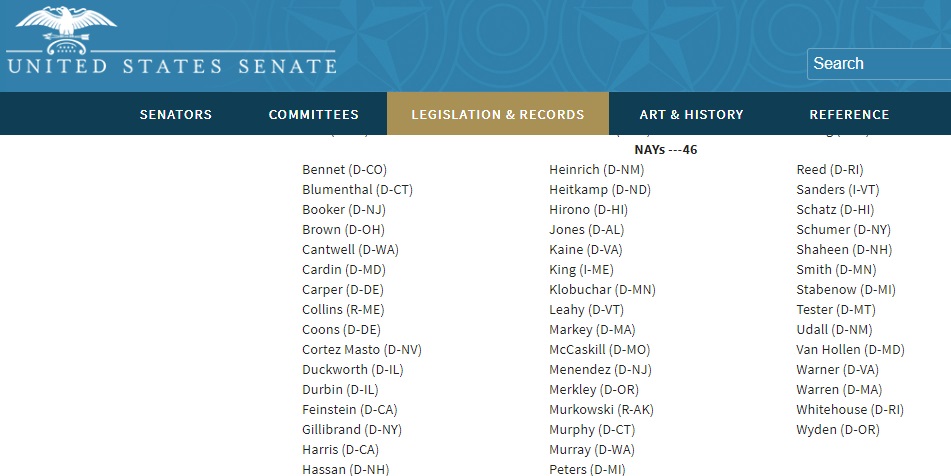By Carole Novielli
Live Action News
America is about to vote in one of the most important elections in decades, and a priority for pro-life Americans will be the protection of preborn babies in the womb.
Various state ballots will include both politicians who have defended life and those who have worked to promote abortion. Voters at this time are reminded about pro-life measures and they often consider how a politician may have voted.
READ: U.S. Senate votes against protecting pain-capable preborn children
A report by Life News highlights some from the above list up for re-election and reads:
A number of the politicians who voted to continue allowing late-term abortions are up for re-election this fall. They include U.S. Sen. Claire McCaskill of Missouri and Heidi Heitkamp of North Dakota. Both pro-abortion Democrats face a big risk of losing their seats in the midterms.
Other pro-abortion votes came from U.S. Sens. Bob Menendez of New Jersey, Jon Tester of Montana and Debbie Stabenow of Michigan, all of whom also are up for re-election this year.
According to a June 2018 polling review by Gallup, support for abortion “drops by about half, to 28%, for abortions conducted in the second three months, and by half again, to 13%, in the final three months.”
One pro-life measure, tragically defeated earlier this year, included a bill that would have prohibited horrific abortions after 20 weeks gestation, evidencehas indicated that the preborn child can feel pain. Despite support from the American public for restricting late-term abortion, the Pain-Capable Unborn Child Protection Act failed in the Senate by a vote of 51 to 46 in January 2018. 60 votes were needed to overcome a filibuster.
Now, many of those same Senators are asking to be re-elected. A list of all the Senators that opposed the late term abortion ban can be seen below:
Now, many of those same Senators are asking to be re-elected. A list of all the Senators that opposed the late term abortion ban can be seen below:
Senators who opposed late term abortion ban in 2018
READ: U.S. Senate votes against protecting pain-capable preborn children
A report by Life News highlights some from the above list up for re-election and reads:
A number of the politicians who voted to continue allowing late-term abortions are up for re-election this fall. They include U.S. Sen. Claire McCaskill of Missouri and Heidi Heitkamp of North Dakota. Both pro-abortion Democrats face a big risk of losing their seats in the midterms.
Other pro-abortion votes came from U.S. Sens. Bob Menendez of New Jersey, Jon Tester of Montana and Debbie Stabenow of Michigan, all of whom also are up for re-election this year.
According to a June 2018 polling review by Gallup, support for abortion “drops by about half, to 28%, for abortions conducted in the second three months, and by half again, to 13%, in the final three months.”


No comments:
Post a Comment